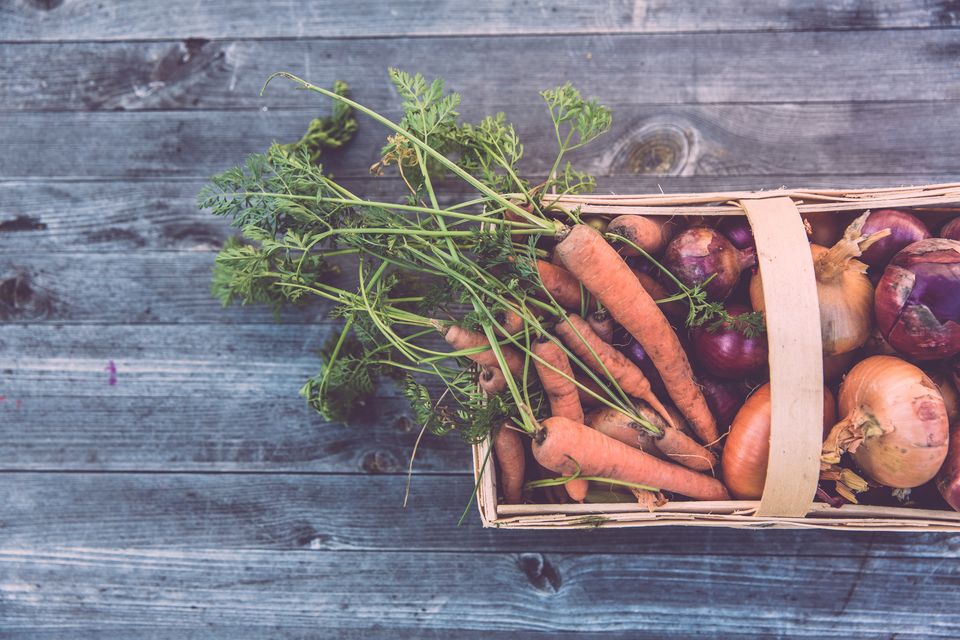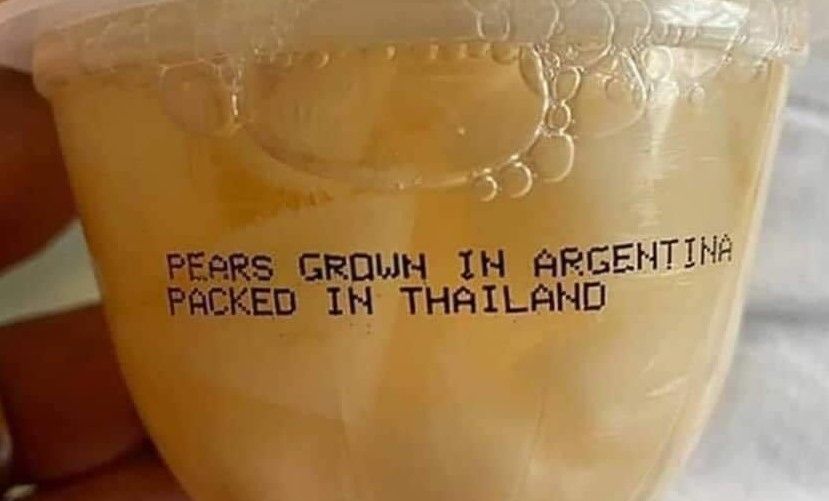Collapse, Opportunity, and Equilibrium

The feedback from last week's post has been unanimous: fuck. With that in mind, I want to expand a bit on the concept of collapse and take a breather from the darker side of things–because not everything is dark.
As I mentioned last week, I use the term collapse as a kind of shorthand for the gradual decline of civilization. This is less a shorthand and more an actual definition of the word–it's just that when normal people talk collapse, they think more of tumbling skyscrapers than ever-larger potholes. And while the latter doesn't preclude the former, it's more likely that collapse as we will see it is something that occurs over the course of our lives, with periods of acute trouble and decline interspersed with periods of relative stability.
It's helpful to look at collapse as a natural process. It's happened to most every civilization on the planet thus far, and despite that, humanity has survived. Jared Diamond's definition of collapse includes a key phrase: "a drastic decrease in complexity," and that, oddly enough, provides me with a great deal of comfort. Complexity is, by the laws of physics, a temporary thing. With energy, simple processes and systems become more complex until, after a loss of energy, they become less complex. What this looks like in concrete terms is life: a simple cell becomes a whole animal, which consumes food to sustain itself until the body is no longer sustainable. A civilization is the same. But big C Civilization is a rolling entity–it's not just a single life, a single animal, any more than an entire ecosystem is reliant upon a single deer. And that single deer, importantly, becomes the energy for other systems, which then rise in complexity.
While a decrease in complexity alone isn't the only definition of collapse, it is a lot of what we're facing today. And that's not necessarily bad. For example: the simplification (to use a word completely distanced from context) of supply lines. To look at this practically, here is a meme called "capitalism rewards efficiency."

Let's be clear: you ain't getting pears from Argentina post-collapse. And they sure as hell aren't going to be packed in Thailand. Does that mean you won't have pears anymore? No. Will you pay more for them? Maybe. Will you be glad to pay Farmer Jackson more over Dole Inc.? I'd like to think so. Maybe you'll just trade him some tomatoes–god knows I've got enough of those, and no pears.
I bring up this particular example because it illustrates the opportunity implicit in collapse: we have a shot at replacing the failing structures of capitalism. It's not a certainty that capitalism itself will fall, at least not during our lives, but we can be fairly certain that portions of that system will crumble, and that's where we come in. By preparing now, we can build dual power to supplant and replace those failing segments of capitalism with more equitable and sustainable solutions.
Imagine, briefly, that the supply chain this spring gets worse than it did at the beginning of COVID. Shelves are bare, and your nearby Kroger has all but shuttered. But you, clever folk, set up a food bank with the help of a Food Not Bombs chapter, combining local "civilian" efforts with what FNB is able to gather from remaining stores. Rather than scrambling to buy food, people in your neighborhood can go to your exchange and not only get fed but help others get fed. This is dual power–a competing structure that works to replace an exploitive system with something better.
Beyond helping ourselves, ensuring that we get our pears from down the street rather than across the sea helps the planet, too. Everything we do has an energy cost, which is exactly what it sounds like–an investment of energy, usually made with the hopes of a reward of more energy than what was invested. I plant beans, water them, pull up the root suckers from the trees of heaven, in the hopes that I will be rewarded with more energy from those beans than it cost to raise them. But under capitalism, the energy cost of our food systems is not the guiding principle; it's profit. Because of that, the energy cost of food under capitalism is usually utter nonsense. Pears get shipped overseas to be put into a little plastic cup just to be shipped overseas again. Beef raised in Brazil for your $1 McSandwich is fed corn from Nebraska, which is nourished by fertilizer manufactured in a factory 1,000 miles away, in Louisiana. While that burger cost you a $1, its energy cost includes all of that transportation, all the infrastructure, and that totals to quite a large bill for the planet–not just in literal energy but also in CO2 and pollution. Each link in that chain increases the energy cost, and each link also increases the brittleness of the system overall, creating a delicate supply line that we've already seen break down. Compacting food supply chains, and localizing them, goes a long way toward shrinking the energy cost of food and making those chains more resilient. Buying local, of all our small gestures, really is a good thing. And that's just one opportunity for change that collapse can bring.
If I thought collapse meant nothing but the end of the world, I wouldn't be writing this newsletter–I'd be getting better with my pistol and learning, I don't know, krav maga. But collapse isn't just the fall of existing power structures; collapse provides an opportunity for new, better things to grow in their place. We've got to be ready for these opportunities, though, because without compassionate intervention from folk like us, we can be certain that the vacuum will remain, or be replaced by something more sinister. Let's make sure we're there to fill the gaps.
